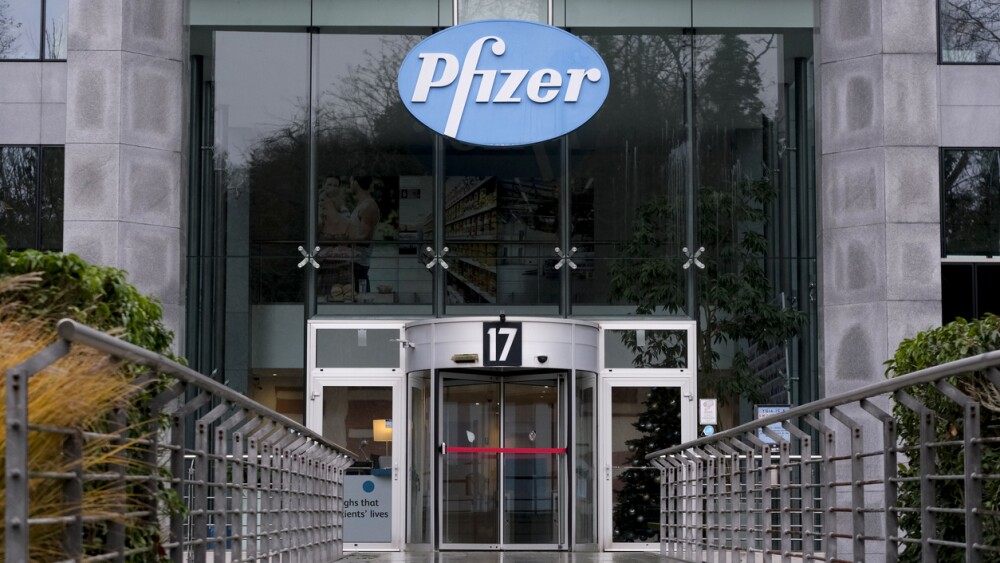NEW YORK (Reuters Health) - Angiostatic gene transfer produces tumor and protein-specific effects against carcinomas in mice.
In the April issue of Gut, Dr. C. Qian and colleagues at the University of Navarro in Pamplona, Spain describe experiments in which recombinant adenoviruses encoding angiostatin-like molecule or endostatin were injected into mice with hepatocellular carcinoma, colorectal carcinoma, or lung carcinoma.
Treatment with angiostatin-like molecule, but not treatment with endostatin, significantly inhibited endothelial cell infiltration in mice.
In immune competent mice with lung carcinoma, both proteins had similar antitumor effects, but in athymic mice with lung tumors, the effect of angiostatin-like molecule was stronger.
Angiostatin-like molecule also inhibited tumor growth in a murine model of colorectal carcinoma. Furthermore, the researchers report, angiostatin-like molecule also reduced tumor progress in a model of human hepatocellular carcinoma.
However, endostatin did not inhibit tumor growth in either the murine model of colorectal carcinoma or the human hepatocellular carcinoma model.
“Our data demonstrate that angiostatic gene therapy may form a feasible strategy for the treatment of established hepatocellular carcinomas,” the researchers conclude.
They add, “Tumor and protein specificity of angiostatic tumor therapies is a striking aspect as tumor angiogenesis is considered to be a common pathological process independent of tumor type. Our findings indicate that different tumor entities have to be specifically evaluated for antitumor responsiveness towards distinct angiostatic proteins.”
Source: Gut 2004;53:561-567 [ Google search on this article ]
MeSH Headings:Animal Diseases: Biological Therapy: Disease Models, Animal: Genetic Engineering: Genetic Techniques: Investigative Techniques: Therapeutics: Gene Therapy: Gene Transfer: Analytical, Diagnostic and Therapeutic Techniques and Equipment: DiseasesCopyright © 2002 Reuters Limited. All rights reserved. Republication or redistribution of Reuters content, including by framing or similar means, is expressly prohibited without the prior written consent of Reuters. Reuters shall not be liable for any errors or delays in the content, or for any actions taken in reliance thereon. Reuters and the Reuters sphere logo are registered trademarks and trademarks of the Reuters group of companies around the world.




